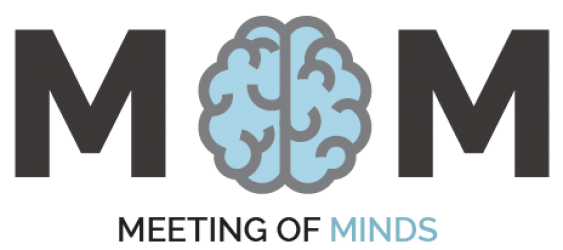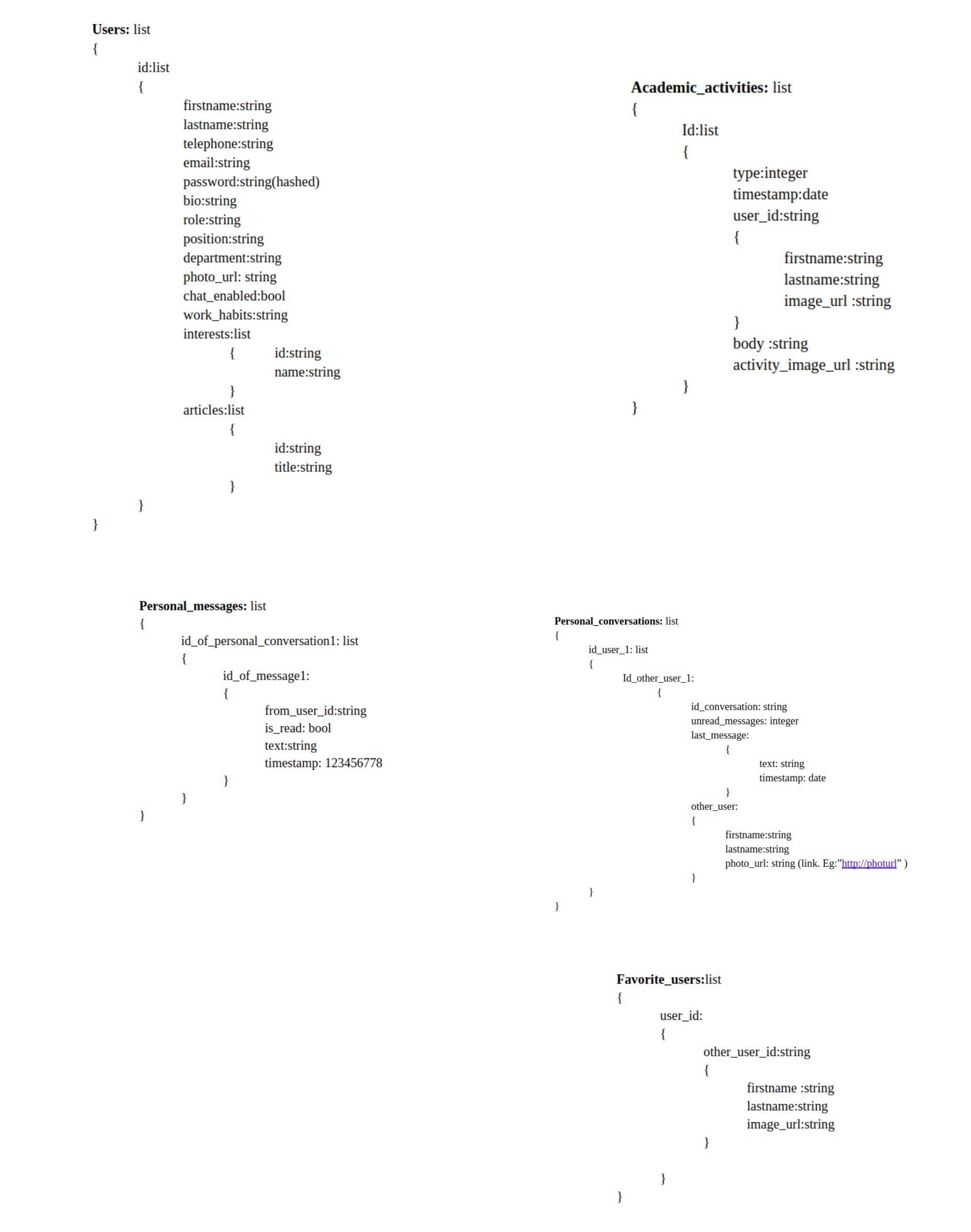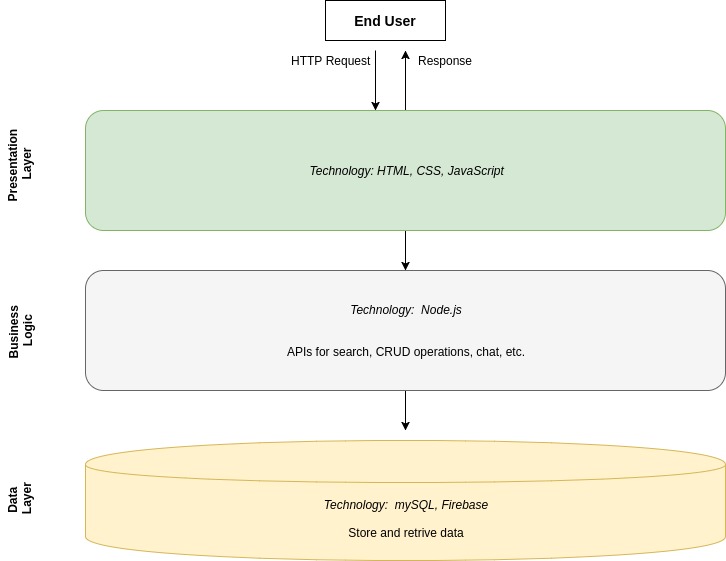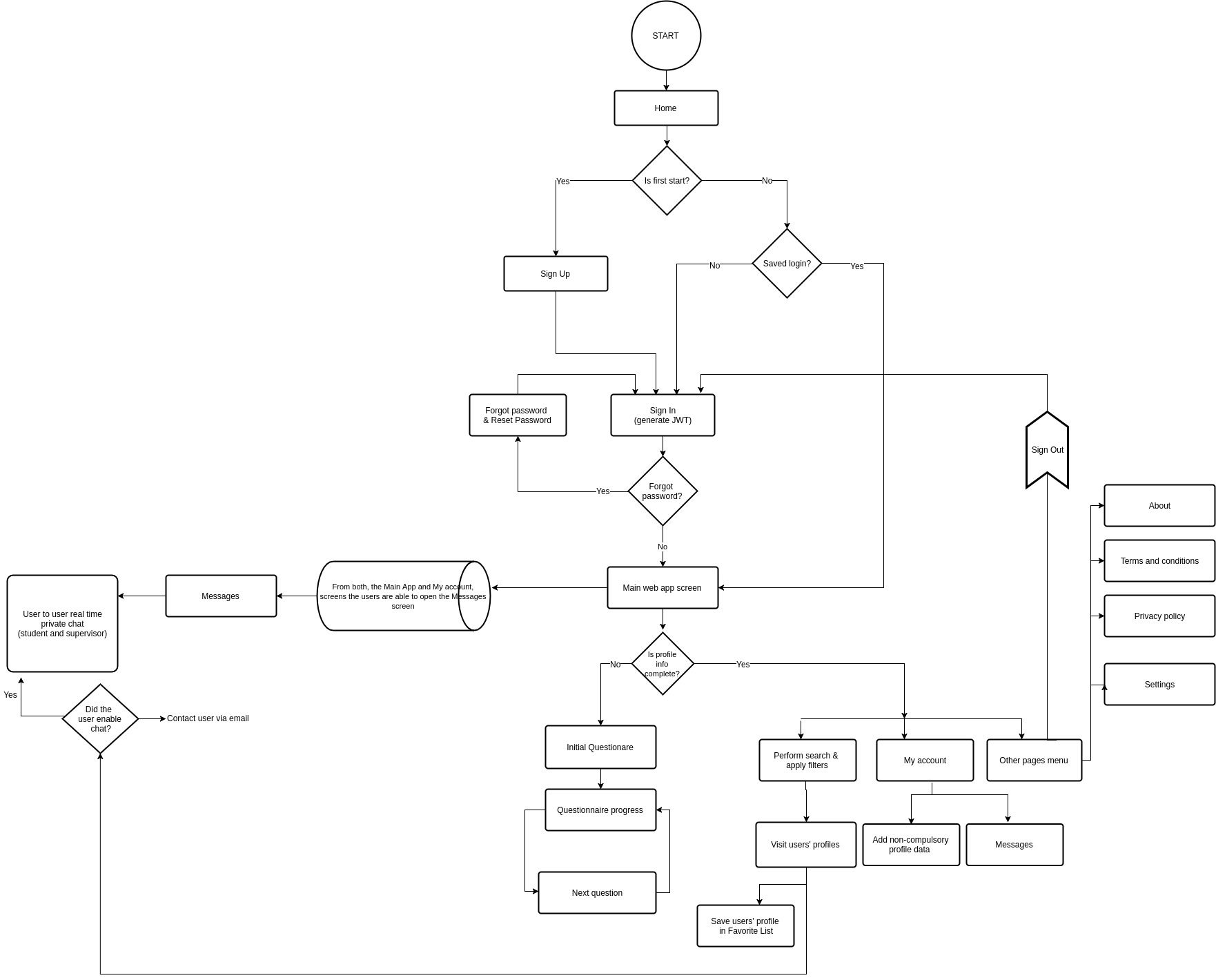Any social network potentially brings together groups with different perspectives and circumstances. ‘MeetingofMinds’ must take into account possible power dynamics between students and academics.
Models of PhD Supervision
There have been a number of attempts to model PhD supervision. More recently these have focused on supportive approaches allowing students to move from a state of relative dependency to complete independence (through a shift in the balance of control).
However there are also a number of potential power inequalities built into the relationship between supervisor and student. This includes:
- The supervisor is in a position of legitimate authority.
- They have perceived abilities to mediate rewards (e.g supporting publications) or punishments (e.g being unavailable for important meetings).
- A student may be influenced by the perceived expertise of the supervisor.
- Some students may be in awe of their supervisor, seeing them an example that they wish to live up to.
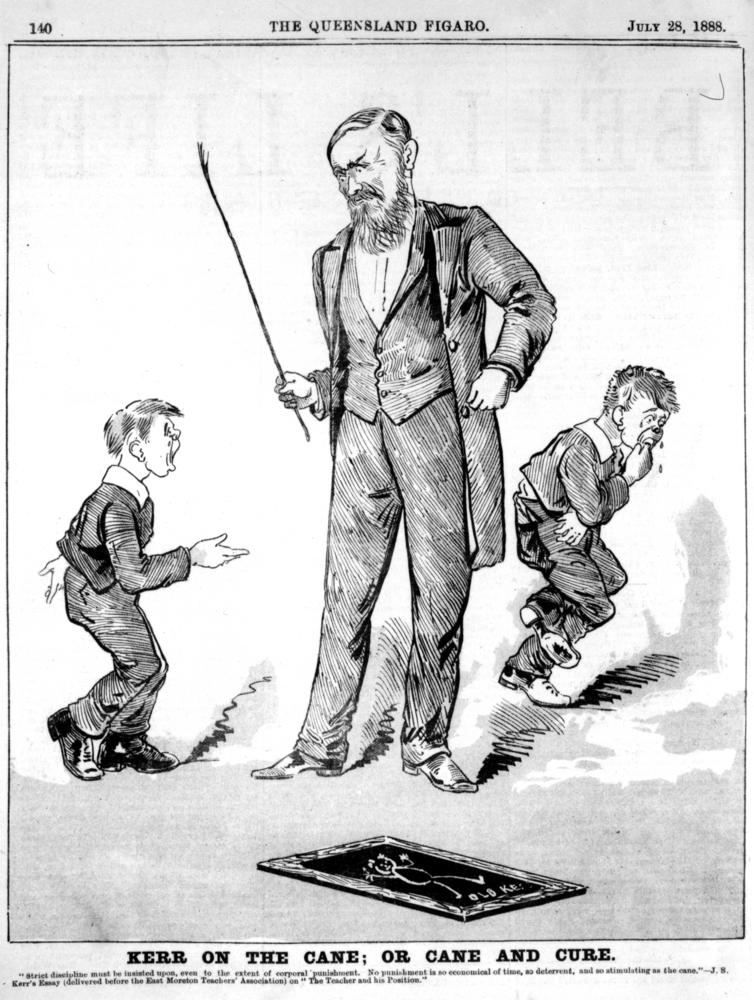
Photograph from Contributor(s): Queensland figaro – Copied and digitised from an image appearing in Queensland figaro, 28 July 1888, p. 140., Public Domain, https://commons.wikimedia.org/w/index.php?curid=12662338
Continue reading “Power Differentials Between Students and Supervisors”
